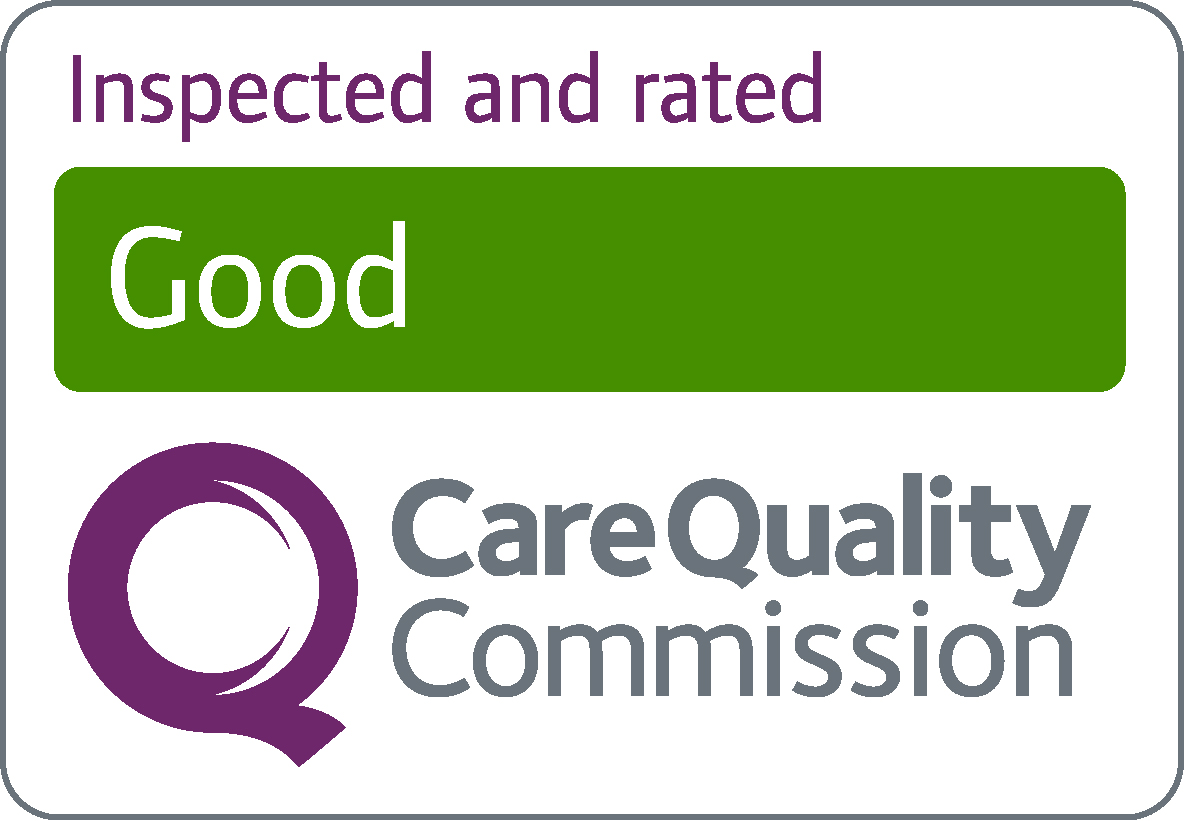Obsessive Compulsive Disorder (OCD)
Obsessive-Compulsive Disorder (OCD) is a chronic mental condition that makes people develop constantly intrusive thoughts (obsessions) and practice repetitive actions or mental routines (compulsions) following the thought. Individuals suffering OCD tend to feel the urge that makes them engage in these compulsions as a form of decreasing tension or to avoid a dreaded outcome.
OCD Overview
Understanding Causes, Symptoms, and Risk Factors
Causes
-
Genetics
- Brain malformation and dysfunctionalities
- The imbalance of chemicals (particularly, serotonin)
- Positive family history with OCD or anxiety diseases
- Childhood trauma/ abuse
- Personality characteristics (e.g. perfectionism)
- Traumatic life experiences
- Autoantibodies diseases (such as PANDAS in children)
- Neurodevelopmental factors
- How learned things transpire through time.
Symptoms include:
-
Phobia of contamination or bugs
- The unneeded aggressive or violent thoughts
- The threat of self and other harm
- Sexual obsession thoughts
- Too much emphasis on the symmetry or the order
- Concerns with the possibility of repeating a mistake or forgetting something
Risk Factors
Can OCD be prevented?
Treatment for OCD includes:
A number of Obsessive-Compulsive Disorder (OCD) are treated by using therapy together with medication. Cognitive Behavioural Therapy (CBT) especially one known as Exposure and Response Prevention (ERP) is one of the most effective methods. The treatment process of this therapy includes exposing these individuals in a gradual manner to the objects or situations or thoughts that cause their anxiety (e.g. germs, intrusive thoughts, or disorder in the case), and then overcoming the temptations to engage in their typical compulsive actions. In the long term, it can teach this individual that he or she will become less anxious over time, without the need of using rituals or avoidance. ERP according to the findings is destined to end the cycle of obsessions and compulsions and decrease the fear of intrusive thoughts.

Preventive, Trusted, and Affordable Healthcare for All
It is extremely crucial to your cognitive, emotional, and physical health to have quality sleep. We offer affordable CBT-I (Cognitive Behavioural Therapy for Insomnia), sleep consultation and a complete lifestyle approach to your care. Whether you have trouble sleeping some of the time, or you experience constant tiredness, we would like to see you sleep better, live better, and stay well, all at an affordable price with the same compassion and professionalism.





